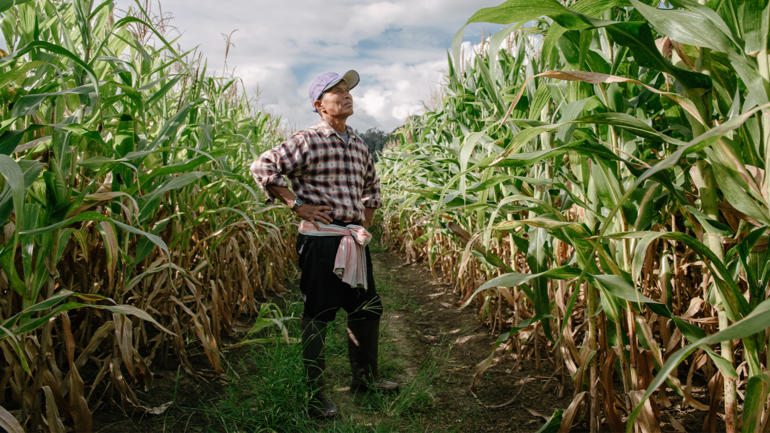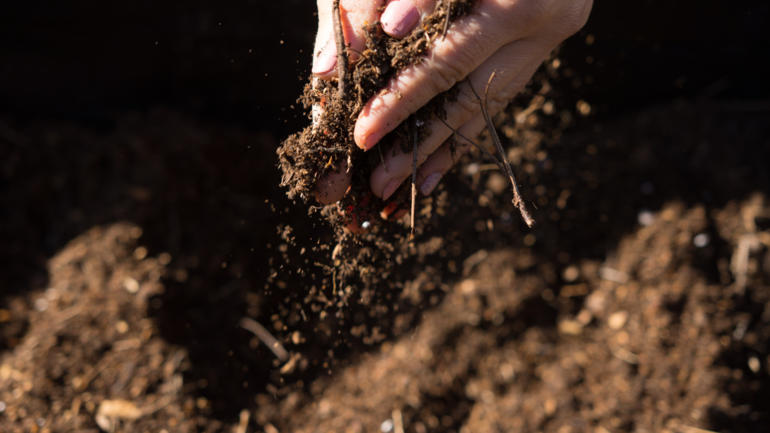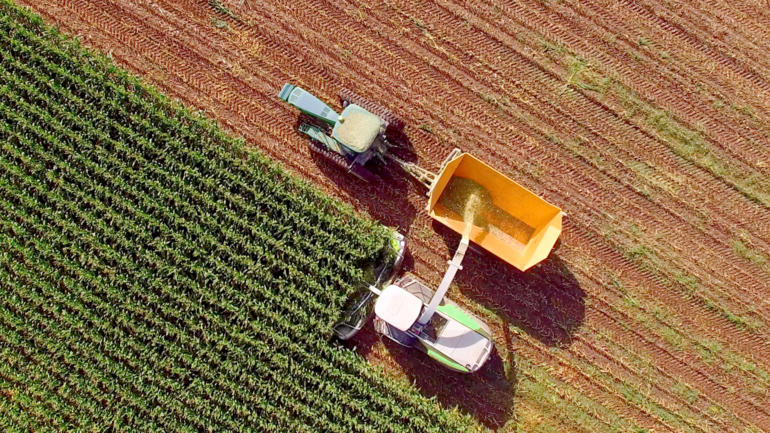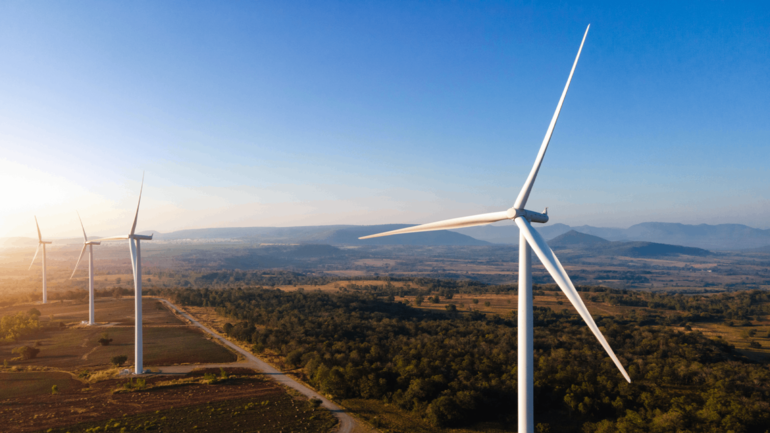Geneva, 16 June 2021: Two new complementary reports by the World Business Council for Sustainable Development (WBCSD) released today examine the role and business case for Digital Climate Advisory Services (DCAS) in sustainable agriculture in India. These publications are following the launch earlier in 2021 of the reports “Digital Climate Advisory Services (DCAS) for smallholder resilience”.
DCAS are climate-related advisories and services delivered via digital tools and platforms. These include online portals, mobile applications, more traditional, digitally enabled formats like radio and interactive voice response systems. A growing market of DCAS solutions is emerging to help farmers build resilience and adapt to climate change.
Agriculture and its allied sectors make the lifeline of the Indian economy, contributing 17.8% of the country’s Gross Value Add (2019 – 2020 at current prices). The sectors provide livelihood to over half the workforce in India and contribute to the food security of the country and the world. However, various challenges remain , which digital solutions such as DCAS can help resolve. Nevertheless, to ensure DCAS reaches its potential positive impact and scale for the agricultural sector, key barriers will need to be overcome. Therefore, the two newly released reports by WBCSD examine DCAS and the business case for both farmers and companies in India in more detail.
“Digital Climate Advisory Services for Sustainable and resilient agriculture in India” examines the specific role of DCAS in sustainable agriculture. It highlights the demand and supply-side issues in DCAS and explores the role of business in particular in scaling the use of DCAS to promote sustainable and resilient agriculture in India. The paper was developed through collating inputs and insights from WBCSD member companies active in the food and agricultural sector. The paper highlights the key enablers and barriers to scaling up DCAS in India and based on this provides key recommendations to businesses.
One of the most crucial challenges is the lack of a clear business case for DCAS, for both farmers and businesses. This is why the second report, “Exploring the business case for Digital Climate Advisory Services” further explores this topic. The study has shown that there is a clear business case for DCAS in India, both from a farmer and company perspective. However, to reach the required scale and impact, for the business, public, donor and investment communities need to work together to overcome the challenges by:
- Establishing more effective public/private collaboration to leverage the respective strengths of each;
- Investigating the potential of low-cost peer-to-peer delivery options in combination with more sophisticated digital applications;
- Supporting innovative farmer-centric models to refine their models ready for scaling;
- Investing in the wider infrastructure and ecosystem for DCAS in India;
- Facilitating collaboration and data-sharing between different actors.
The two publications identify a clear set of recommendations on how businesses can lead the way in scaling DCAS in India. They provide the basis for further work by companies to collaborate with other stakeholders in India in ensuring the full potential of DCAS is realized in the country.
This work is a regional deep-dive of the work of WBCSD on DCAS that is led in collaboration with the Global Commission on Adaptation at the global level. WBCSD continues to provide a platform at the global and regional level to advance the use of innovation and technology for sustainable agriculture in a partnership-based approach.
For more information, please contact:
Sylvain Maibach, Manager Communication Food & Nature








